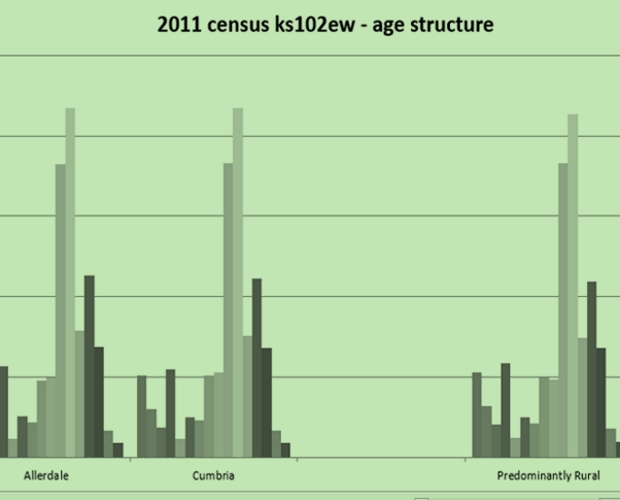T: 01822 851370 E: [email protected]
Visit RSN Survey about life in rural England to find out more.
The addition of two new fully electric recycling trucks to the Forest of Dean District Council’s waste fleet could lead the way for more local authorities to adopt battery power to make cleaner and greener kerbside collections in the future....
2023-24 saw the Forest of Dean District Council have another strong year in delivering affordable housing with 128 new affordable and eco-friendly homes delivered across the district. Councillor Adrian Birch, leader of the council, said: "As a council we’re...
The recipients of the latest government grants for transforming youth clubs in England have been announced. Local Councils and youth groups were encouraged to submit applications to provide out-of-school activities including building new youth centres or refurbishing existing buildings to...
A successful neighbourhood plan must be based on evidence and an understanding of the place they relate to. Communities need to gather a range of evidence and local knowledge before writing their plan. We have collated a selection of evidence,...
NEWSLETTER
Sign up to receive all our latest news and updates.
HOT TOPICS
Amid reduced public spending, fair resource allocation across regions is crucial. Despite a population larger than Greater London, rural areas receive significantly less funding for essential services, even though delivering these services in rural areas is more expensive.
Economic growth is widely acknowledged as essential for national wealth and prosperity and is a priority for political parties. Rural economies, employing millions and home to a higher proportion of small businesses, have potential for growth if barriers are removed.
Rural residents face distinct healthcare challenges, including limited access to transport, longer distances to medical facilities, an aging demographic, housing inadequacies, digital connectivity gaps, and difficulties recruiting health and care workers.
Rural communities are grappling with a severe affordable housing crisis, marked by high house prices, a lack of affordable housing, elevated living costs, and lower incomes, threatening their sustainability and vitality.
Transport is vital for the quality of life and economic health of rural areas, yet it faces challenges such as infrequent public bus services and less Government funding compared to urban regions.
Rural areas, encompassing a substantial portion of England's population and land, play a pivotal role in combating climate change and achieving the net zero target.
In an increasingly digital world, the lack of robust digital infrastructure in rural areas severely limits access to crucial services and stifles economic growth.
A future-focused vision for rural communities involves not just building the right homes in the right places but also ensuring thriving, sustainable communities.
SIGN UP TO OUR NEWSLETTER
Sign up to our newsletter to receive all the latest news and updates.







